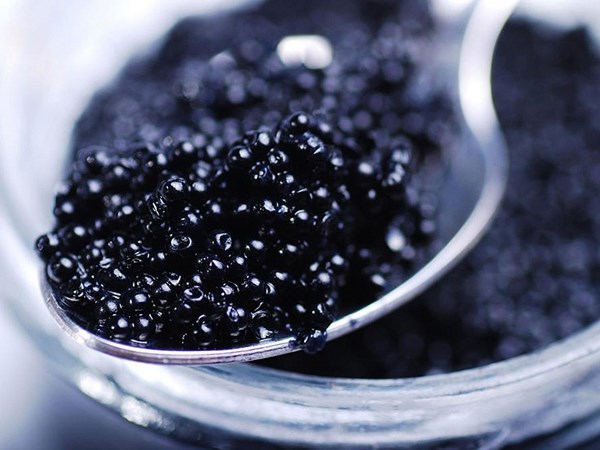Der Spiegel: Radioactive mineral water, milk with ammonia, and caviar with colibacillus is being sold in Russia
The fall in oil prices and the weakening of the ruble has led to the decrease of Russian consumers’ purchasing power. Producers are forced to reduce food prices while skimping on quality, according to revelations by Der Spiegel.
According to the newspaper, Russian producers use vegetable oil instead of animal fats and they violate safety regulations by selling radioactive mineral water, milk with ammonia and caviar infected with colon bacillus. Russia is actively using palm oil in the food industry to replace milk and animal fats. Der Spiegel claims that Russia’s palm oil imports increased by 20% during one year. On the shelves of stores in Moscow and other cities there are butters and cheeses, which have cows painted on their packages, but actually consist mostly of palm oil, the newspaper concludes.
It also writes that because of the increased demand for palm oil in Russia it is transported in container tanks meant for "tar and gasoline."
Russian caviar has also fallen under suspicion. Only 13 out of the 23 tested sorts of caviar comply with hygiene standards. Colon bacillus was found in some of the tins. Der Spiegel also found that two out of ten brands of mineral water contained plain purified water while two other brands exceeded the permissible level of radioactivity.
According to a Roscontrol representative, all "controlling barriers between the manufacturer and the market shelves have been destroyed" over the past years. Formerly strict control went weak. Anyone who wants to produce and sell bread or dairy products only needs a certificate from a laboratory, confirming the harmlessness of products. In Russia, such documents are issued by about 9,000 firms. At the same time, according to the rating of one of the unions of entrepreneurs, 80% of them are dummy companies. The Roscontrol officer concluded that it means, in reality, that they did not conduct any tests, the newspaper says.
